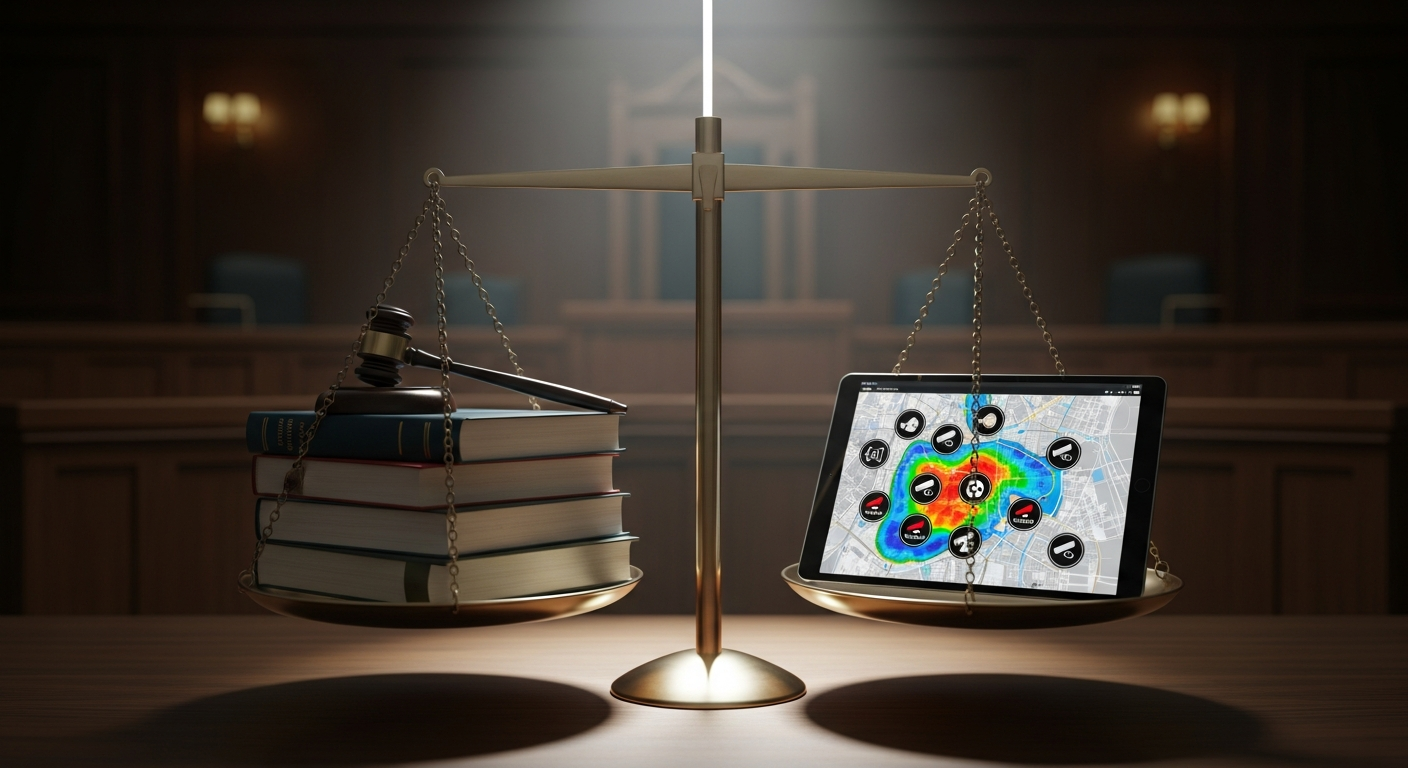Balancing Security and Civil Liberties During Emergency Powers
Emergency powers present a tension between protecting public safety and preserving individual rights. This article examines how legislation, oversight, and transparent governance can align security measures with civil liberties during crises, and highlights mechanisms for accountability and public participation.

Emergency powers allow governments to act quickly in crises, but rapid action can risk long-term erosion of civil liberties if not bounded by clear rules and oversight. Effective balancing requires robust legislation, predictable governance, transparent reporting, and judicial review so that measures remain proportional, time-limited, and subject to democratic scrutiny. Policymakers, civil society, and institutions must work together to ensure compliance with human rights standards while enabling necessary enforcement to address threats to public safety.
How does legislation shape emergency authority?
Legislation is the foundation that defines when and how emergency powers may be invoked. Clear statutory language should specify triggers, scope, duration, and conditions for renewal to prevent vague or open-ended authority. Well-designed laws integrate safeguards such as sunset clauses, reporting obligations, and review requirements that limit arbitrary extensions. Legislative frameworks also align emergency measures with existing regulation and humanrights obligations, creating predictable expectations for public officials and reducing the risk that temporary measures become permanent features of governance.
What oversight ensures compliance and transparency?
Oversight mechanisms provide checks on executive action during emergencies and promote transparency. Parliaments, independent oversight bodies, and audit institutions should receive timely information and have the capacity to review enforcement practices and expenditures. Public transparency—regular briefings, published orders, and accessible data—helps civic actors and the media assess policy effects. Compliance monitoring, including external audits and parliamentary inquiries, supports accountability and restores public trust when measures are shown to be proportionate and consistent with democratic norms.
How do the judiciary and jurisdiction limit excess?
Judicial review is a critical legaltech-enabled avenue for contesting emergency measures and ensuring jurisdictional limits are respected. Courts interpret legislation against constitutional and human rights standards, providing remedies where authorities exceed their mandate. Fast-track procedures can balance the need for timely decisions with careful legal scrutiny. Maintaining an independent judiciary prevents politicization of enforcement and offers citizens a means to challenge arbitrary detentions, surveillance, or restrictions on expression that may arise during crises.
What role do governance and enforcement play?
Governance structures determine how policies are coordinated across agencies and levels of government. Effective governance establishes clear lines of responsibility for enforcement, ensuring that frontline actors operate with lawful guidance and training. Proportionate enforcement prioritizes public health and safety while minimizing intrusive measures. Regulatory clarity and administrative compliance mechanisms reduce confusion and help officials implement emergency policy in ways that respect civil liberties and democratic accountability.
How are human rights and civic participation protected?
Protecting humanrights during emergencies requires explicit attention to vulnerable groups and preserving fundamental freedoms such as assembly, privacy, and due process. Civic participation—through public consultations, representative debate, and civil society monitoring—helps identify unintended harms and supports policy legitimacy. Mechanisms for redress, legal aid, and rapid remedies for rights violations should remain available. Democracies that sustain open dialogue and transparent decision-making are better positioned to balance urgent security needs with enduring rights protections.
What influence do lobbying and legaltech have on policy?
Lobbying and stakeholder engagement shape emergency policy design and implementation; transparent lobbying registers and disclosure rules reduce the risk of undue influence. Legaltech tools can improve access to justice, streamline oversight reporting, and enable real-time compliance monitoring. Technology also raises governance challenges—data-driven surveillance and automated enforcement must be governed by regulation that protects privacy and prevents discrimination. Integrating digital safeguards, clear policy standards, and civic oversight promotes both effectiveness and rights-respecting governance.
In conclusion, balancing security and civil liberties during emergency powers depends on a combination of clear legislation, rigorous oversight, independent judiciary review, accountable governance, and active civic participation. Policies should be time-bound, transparent, and proportionate, with accessible remedies for rights violations. By embedding these principles into regulation and institutional practice, societies can respond to crises while preserving the democratic norms and human rights that sustain public trust.






